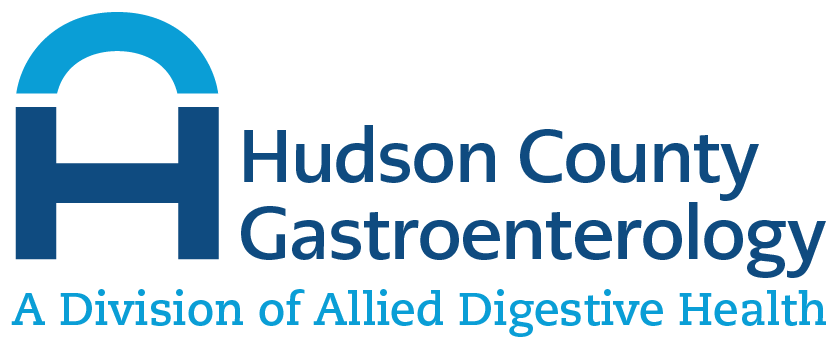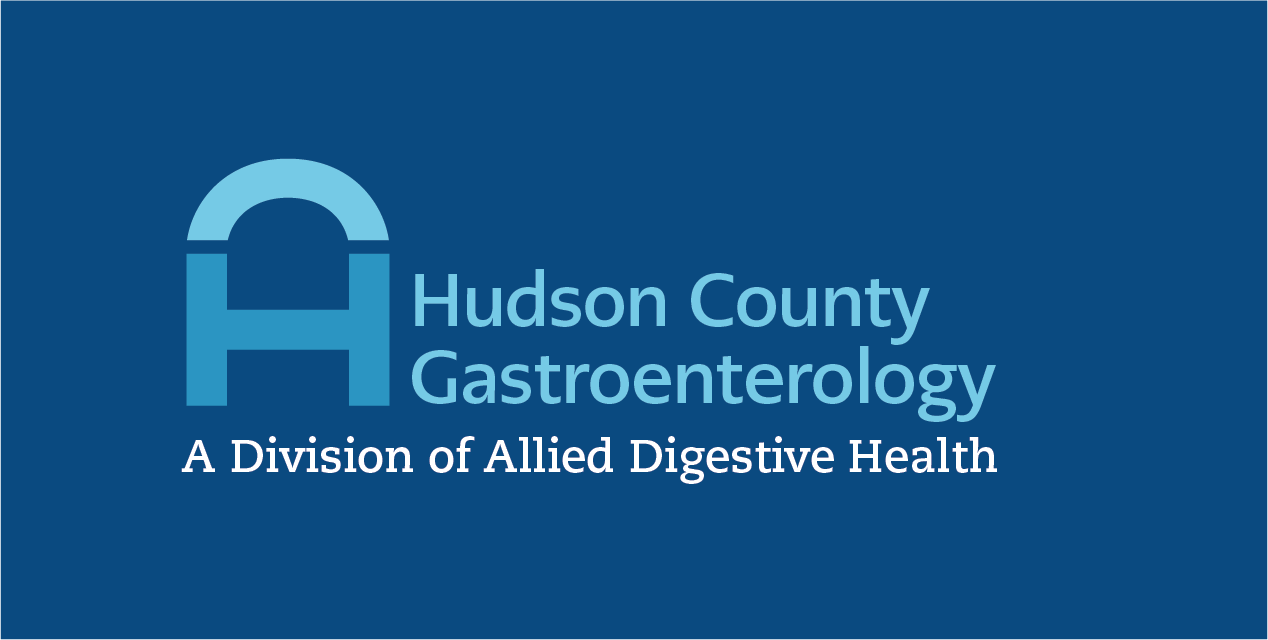What Is ERCP?
An endoscopic retrograde cholangiopancreatography, more commonly known as ERCP, is an endoscopic procedure that is also combined with X-rays. ERCP is very much like a typical upper GI endoscopy, however, your gastroenterologist will inject a dye during the procedure, which highlights problems in certain digestive organs through X-ray technology. ERCP is used to diagnose bile ducts, pancreas, and gallbladder problems.
Who Might Need ERCP?
If you’ve presented to your doctor with symptoms, such as jaundice (yellowing of the skin and eyes) or abdominal pain, they may suspect an issue in your gallbladder, pancreas, or bile ducts and order an ERCP test. Some of the types of conditions that ERCP can diagnose include:
- Cholangiocarcinoma (bile duct cancer)
- Strictures in the bile duct
- Stones in the bile duct
- Cholecystitis (inflamed gallbladder)
- Gallstones
- Pancreatitis
- Pseudocysts
- Pancreatic cysts
- Pancreatic cancer
ERCP can also find blockages in the bile or pancreatic ducts, narrowing of the pancreatic ducts, fluid leakage in the bile or pancreatic ducts, and infection of the bile ducts.
Like a typical endoscopy, ERCP can either be diagnostic or therapeutic. A diagnostic ERCP is used to discover and diagnose gastrointestinal problems, while a therapeutic ERCP treats existing GI disorders. A diagnostic endoscopy can also become a therapeutic one, as your gastrointestinal can treat certain problems that they find. Some therapeutic ERCP procedures include:
- Placement of stents in narrowed or blocked ducts
- Breaking up and removing stones (gallstones, bile duct stones, etc.)
How is ERCP Performed?
ERCP is performed much like a regular endoscopy, particularly in terms of preparation and execution. During an endoscopy, you will be administered sedatives through an IV line. Your healthcare provider may also use local anesthesia in the back of your throat to help prevent gagging or coughing during the test.
Your gastroenterologist will then insert a long, thin, and flexible tube known as an endoscope into your throat. Because they are targeting a certain area of the digestive tract, they will guide the endoscope down through the esophagus, stomach, and duodenum. The difference between a typical upper GI endoscopy and ERCP, other than targeting the bile ducts, gallbladder, and pancreas, is that your doctor will thread thin wires and tubes through the endoscope. Once the scope reaches the duodenum, your doctor will locate your biliary tree and inject contrast dye to the location through the use of an endoscope. The contrast dye lights up the areas that your doctor needs to see, and then X-rays are taken.
After your physician has injected contrast into the biliary tree, then if necessary, they will reposition the wires and tubes and inject contrast dye into the pancreatic ducts as well, followed by a round of X-rays of the pancreatic region. Depending on the nature of the problem, your gastroenterologist may take a biopsy (tissue sample) while the endoscope is inserted. Lastly, the endoscope is taken out.
What Should I Expect After ERCP?
After the procedure, you’ll go to a recovery room where you’ll be monitored after your procedure. Ensure you have someone to drive you home, because of the sedative medications used. After you’re discharged home, rest for the remainder of the day. Your physician will likely tell you to resume normal activities the next day. You may feel symptoms of a sore throat, abdominal cramping, or bloating and gas after an ERCP. These symptoms are normal, however, if they persist or are concerning, contact your healthcare provider right away. Additionally, if you experience these symptoms, you should seek medical care immediately:
- Fever
- Signs of infection
- Difficulty breathing
- Chest pain
- Vomiting
- Severe abdominal pain
- Severe sore throat
- Rectal bleeding
- Dark, tarry stool
- Vomiting
Having a sore throat is the most common side effect after having an ERCP procedure, so your physician may advise you to eat only soft foods that won’t irritate the throat for a day or two. Bloating is another common problem that subsides in a day or two. You may feel bloated or have an unusual amount of gas because air is pumped in through the endoscope during the procedure. Nausea is also very common, as it is a side effect of the anesthesia.
What Are the Risks or Complications of ERCP?
ERCP and endoscopy are very common, low-risk procedures that usually don’t have any lasting side effects or complications post-procedure. ERCP is a nonsurgical procedure that is minimally invasive. However, some patients may feel side effects and there are risks of complications with ERCP, as with any medical procedure. They include:
- Internal bleeding
- Gallbladder infection
- Bile duct infection
- Perforation of the digestive tract (in the small intestine, biliary ducts, or stomach)
- Pancreatitis (swollen and inflamed pancreas)
If you experience any symptoms post-procedure that last more than a day or two, you should contact your healthcare provider.

